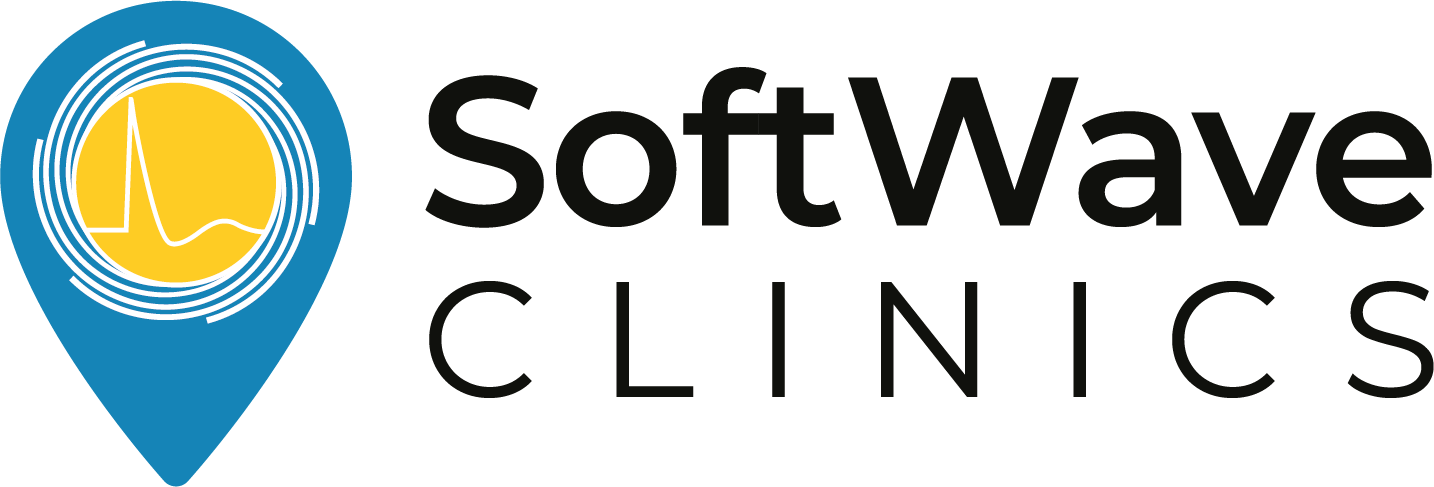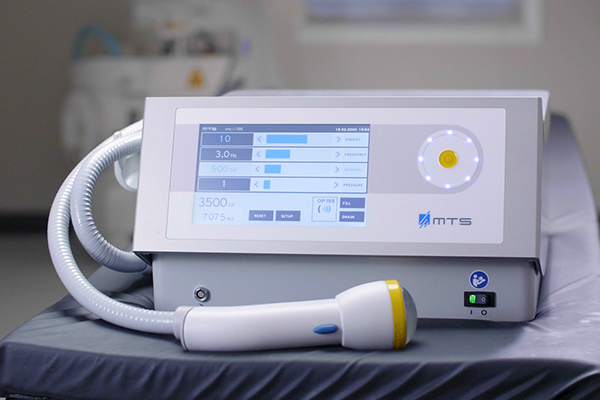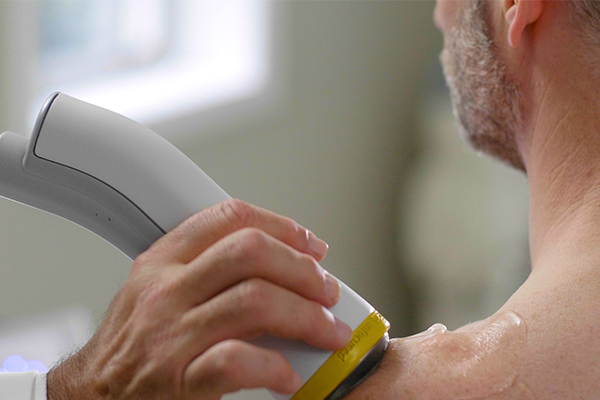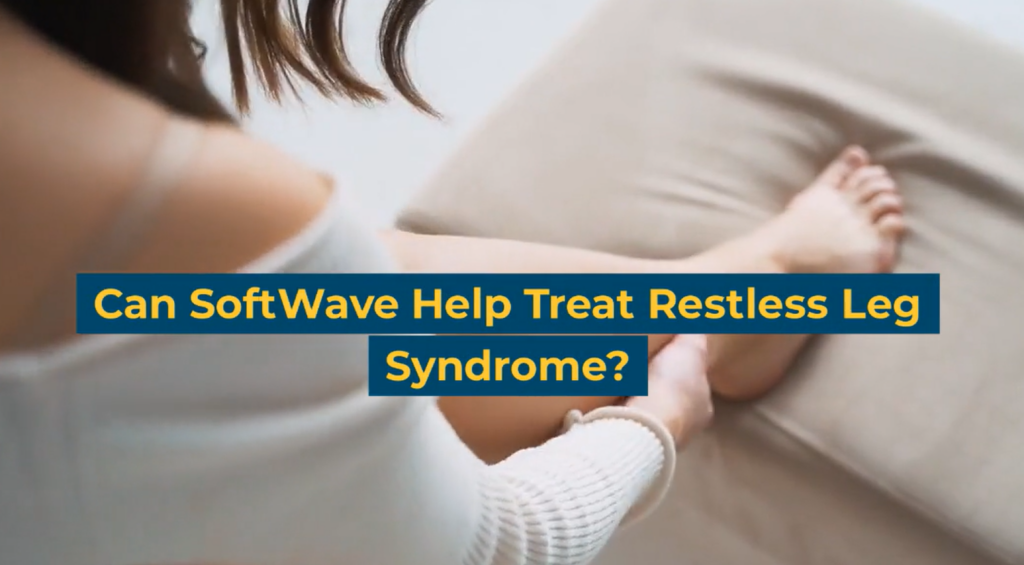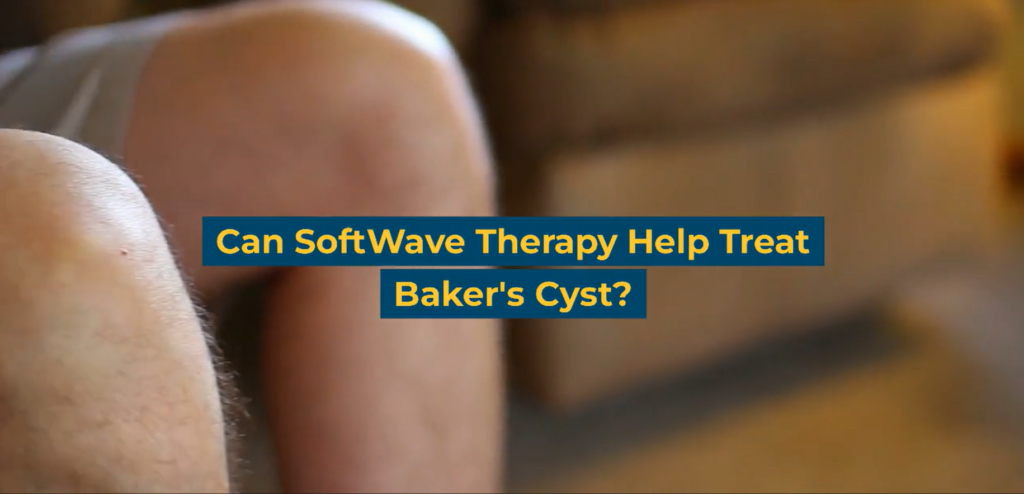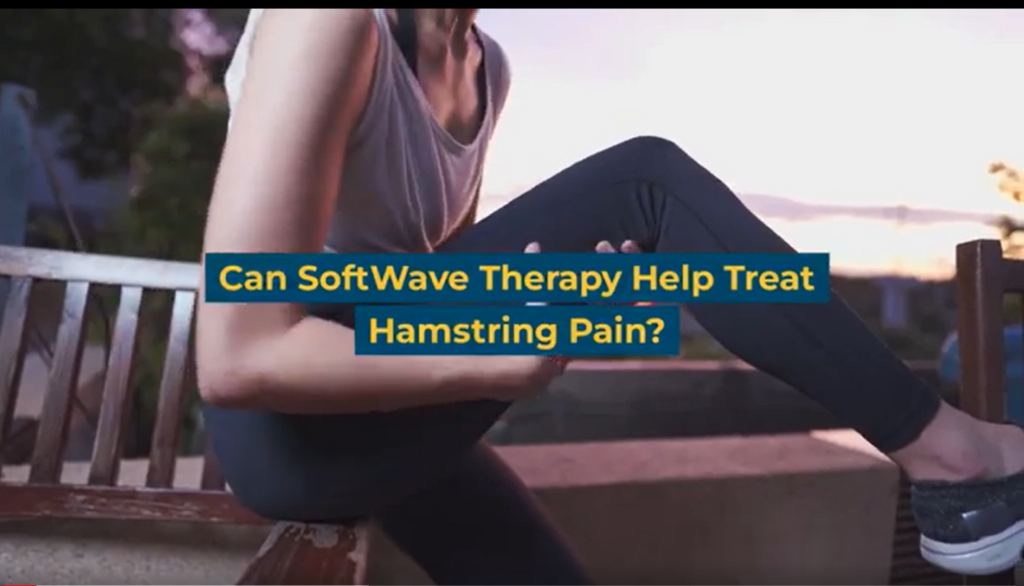Can SoftWave Therapy Treat Frozen Shoulder?
Home » FAQ » Can SoftWave Therapy Treat Frozen Shoulder?
Can SoftWave Therapy Treat Frozen Shoulder?
Also known as adhesive capsulitis, frozen shoulder causes stiffness, pain, and limited mobility in the shoulder joint. SoftWave therapy treats frozen shoulder by reducing pain and inflammation while simultaneously improving the shoulder joint’s range of motion, making it an effective treatment for frozen shoulder and other shoulder conditions.
New Patient Special
Try SoftWave for just $69 at a clinic near you and learn if you’re a candidate for full treatment
What You Need To Know About Frozen Shoulder
Frozen shoulder is a condition in which the shoulder joint becomes stiff and painful, limiting its range of motion. The exact cause of frozen shoulder is unknown, but it often occurs after a shoulder injury or surgery, or as a result of other medical conditions such as diabetes or thyroid disorders. Frozen shoulder is more common in people between the ages of 40 and 60, and women are more likely to develop this condition than men.
The symptoms of frozen shoulder can vary from person to person. However, the most common ones include pain and stiffness in the shoulder joint, which can make it difficult to perform everyday activities such as reaching, lifting, or even dressing. The symptoms of frozen shoulder can last for months or even years, and the condition can greatly affect the quality of life of those who suffer from it.
Introducing SoftWave Therapy for Frozen Shoulder Treatment
SoftWave therapy offers a safe and effective treatment option for frozen shoulder. SoftWave therapy is a non-invasive treatment that uses acoustic waves to stimulate healing and reduce pain in injured or inflamed tissue. SoftWave therapy successfully treats a wide range of conditions, including musculoskeletal injuries, chronic pain, and inflammation.
How Does SoftWave Therapy Treat Frozen Shoulder?
SoftWave therapy can effectively treat frozen shoulder by reducing pain and inflammation in the affected area, and by improving the range of motion of the shoulder joint. During a SoftWave therapy session, a trained therapist will apply a handheld device to the shoulder pain points. After which, the device emits unfocused shock waves that spread energy to a larger and deeper area of tissue, triggering the body’s natural healing process.
SoftWave therapy can effectively treat frozen shoulder by reducing pain and inflammation in the affected area, and by improving the range of motion of the shoulder joint. During a SoftWave therapy session, a trained therapist will apply a handheld device to the shoulder pain points. After which, the device emits unfocused shock waves that spread energy to a larger and deeper area of tissue, triggering the body’s natural healing process.
Studies have shown that SoftWave therapy can improve shoulder range of motion, reduce pain, and improve overall function in people with frozen shoulder. Furthermore, SoftWave therapy is a safe and effective treatment that can provide long-lasting relief without surgery or medications.
Comparing SoftWave Therapy to Other Frozen Shoulder Treatments
Traditional treatments for frozen shoulder include corticosteroid injections and surgery. While these treatments can be effective, they can also be invasive, costly, and require significant downtime.
SoftWave therapy, on the other hand, is non-invasive, painless, and requires no downtime. It is a safe and effective treatment option for those who want to avoid surgery or injections. Additionally, SoftWave therapy can be used along with other treatments like physical therapy to further improve shoulder mobility and reduce pain.
Find Relief from Frozen Shoulder with SoftWave Today
SoftWave therapy is a great treatment option for frozen shoulder. It has the potential to enhance the range of motion in the shoulder, minimize pain, and decrease inflammation, making it an excellent choice for individuals who prefer non-invasive treatments. If you are considering SoftWave therapy, contact a SoftWave therapy provider in your vicinity to arrange a consultation.
Disclaimer: The information provided in this blog is for educational and informational purposes only and is not intended as a substitute for professional medical advice, diagnosis, or treatment. The content provided in this blog should not be used to diagnose or treat any health problems or illnesses. Always consult with a qualified healthcare professional before making any changes to your healthcare routine or treatment plan.
